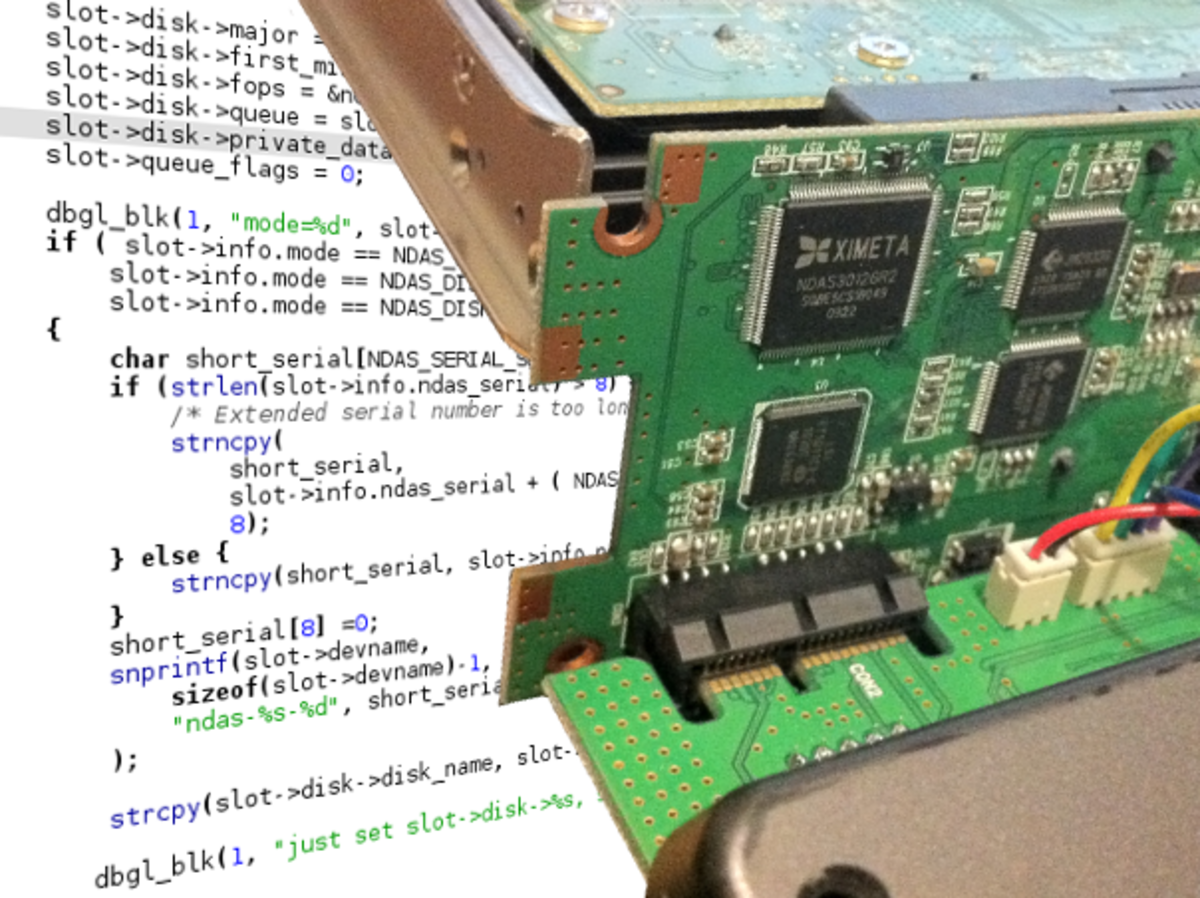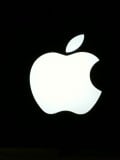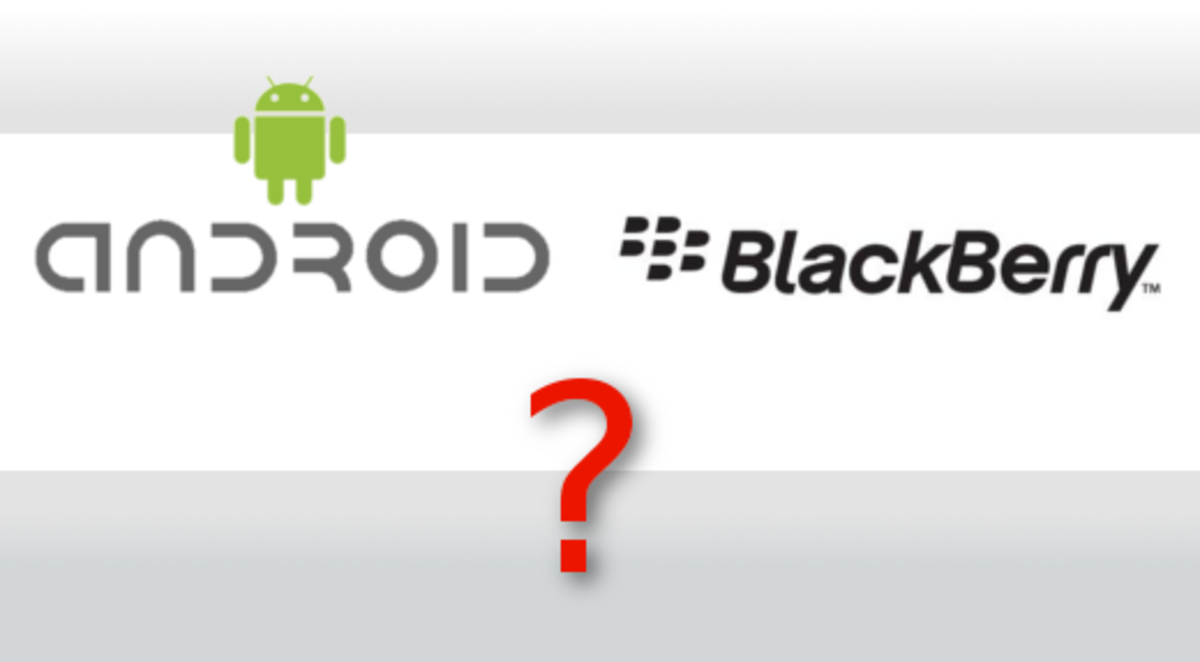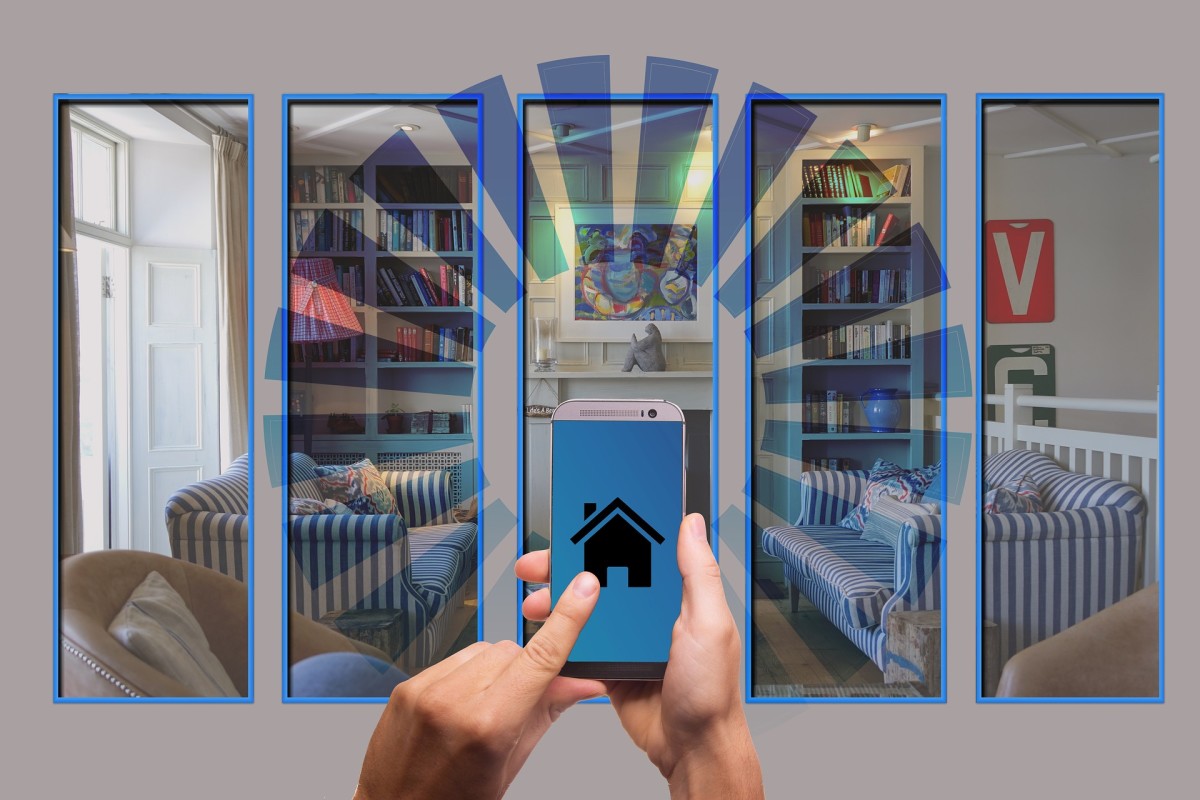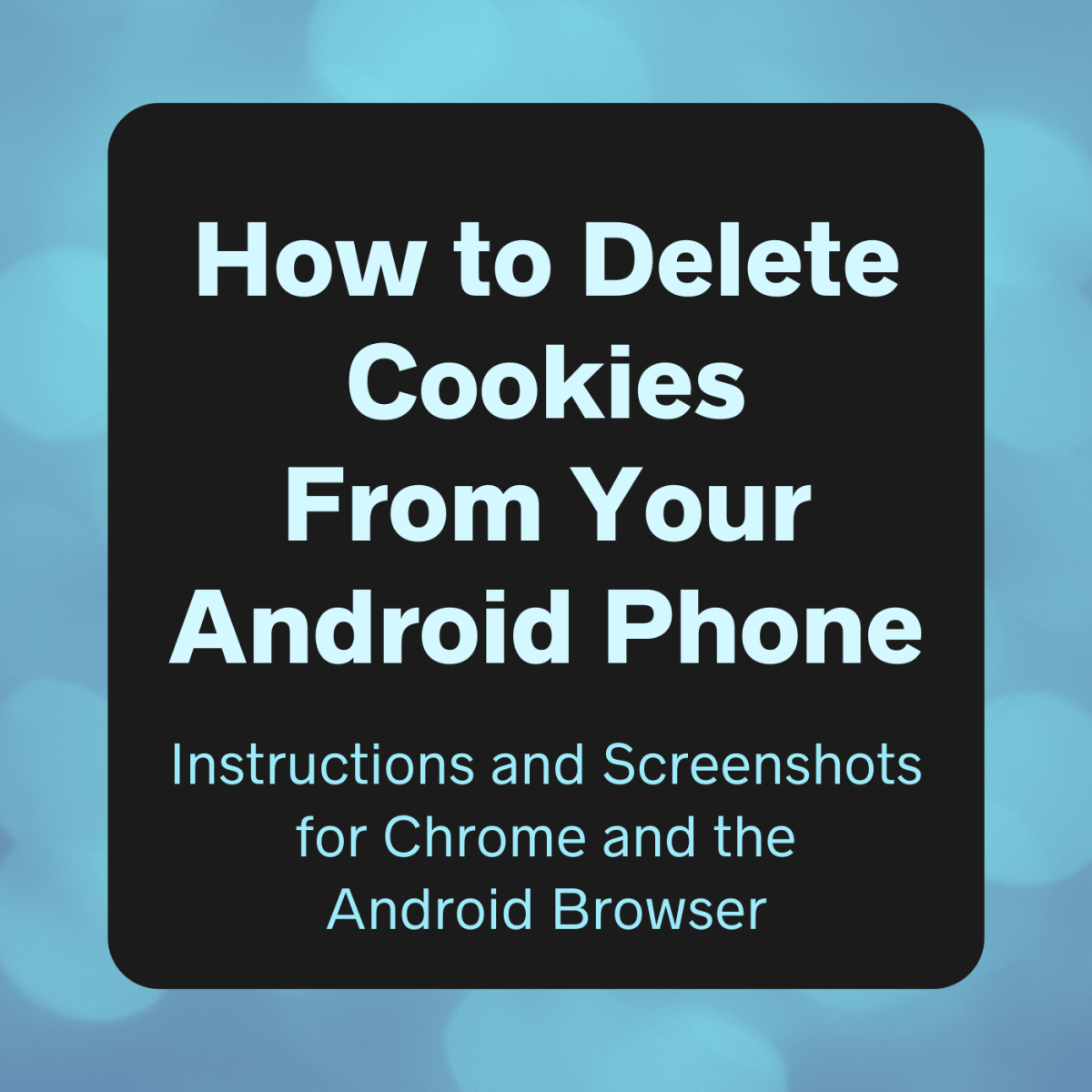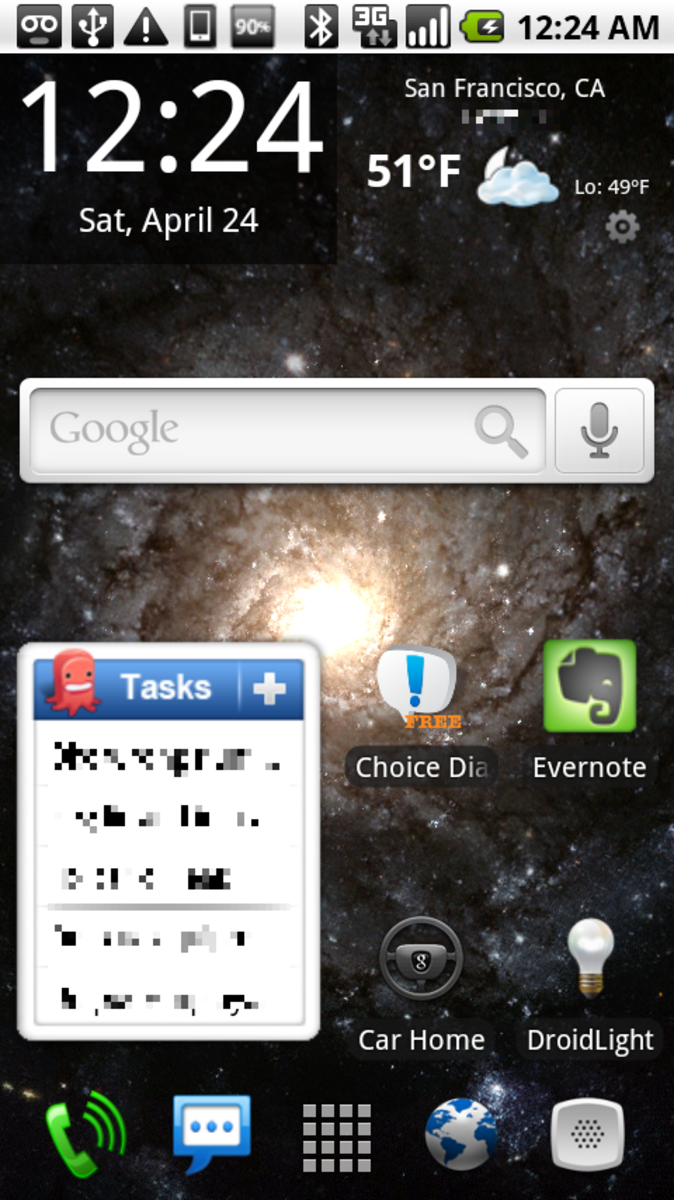The Battle: iOS vs. Android
There was a time when the battle was between the Mac and the PC and while there are still little clashes here and there, the latest battle to take the world by storm is the one between the iOS and Android. In a world where smartphones dominate and two operating systems are pulling people into one side or the other, it is inevitable to see clashes, comparisons, and all-out bashing.
To some people, iOS or Android, it doesn’t really matter as long as they have a phone; some of the uninitiated would even say that one is like the other but die-hard fans of these different operating systems say that is not the case at all and the battle goes on and on.
Apple vs. Android
This is a question that people ask or get asked often: should I go for Android or Apple? Now it was mentioned that some people do not really care but this is actually a very important question for those who want to get an operating system that suits them. It is important to note that deciding between Android or Apple doesn’t just mean a difference in phone models but it also means a difference in marketplaces and apps. Apple, the maker of iOS, has an exclusive app store that caters specifically to the needs of iOS and Apple product users. Android, on the other hand, has a market place that is all its own and is available to anyone that has an Android phone.
It is important to note that iOS and the App store are exclusive to Apple products users only while the Android Play Store is open to any phone manufacturer with models that run on the Android OS. This is the very reason why Android sales are currently outselling iOS because iOS is for Apple products only and they tend to be on the pricy side while Android phones start from the very cheap to the massively expensive.
Technical Specs
Everyone knows that iOS is developed by Apple but do you know that Android systems are made by Google and they belong to the Linux family of operating systems? Android systems are programmed in Java, C++, and C. iOs, on the other hand, is developed by Apple and belongs to the OSX and the Unix family. The system is programmed in Objective-C, C++, and C.
Another major difference between the two operating systems is the approach they take towards the privacy of their software. For one, Android makes use of an open source while iOS makes use of closed sources with some open-source components thrown in from time to time. This is obvious in the way users can check the kernel, interface, and some apps for the Android system while iOS users can only view the kernel.
This means that users can customize Android almost completely while Apple products provide very little room for innovation. This is one reason why Android is used in so many phone manufacturers like Sony, Samsung, and HTC.
Software and App Upgrades
It is plain to see that these two operating systems have extremely varied styles because while Android is distributed under personal user control, iOS is centrally controlled by Apple and is self-contained. What this means is that users get updates in very different ways.
For instance, Apple schedules the times users get their patches and upgrades, which means that at least 99% of users run the latest iOS version. This is in stark contrast to Android users where only 33% of users get to upgrade to the latest version. The reason for this is quite simple and it is because the phone makers decide when they send out new updates and patches. The company has no reason to do it themselves because it is widely distributed and developed by lots of other companies.
Security
Security is always a massive deal when it comes to the Android vs. iOS war. Seeing that Apple has full control over iOS, it is safe to say that they hardly have any problems when it comes to security. When everything is that private and button-holed, such a thing is just to be expected—iOS is very difficult to hack. However, when an Apple device is jail broken, that could make it easier for hackers to find their way into the system and do some damage.
For Android users, security is always where they concede defeat to iOS. Most experts agree that Android, being open source and controlled by so many different companies, is the loser when it comes to security. Of course, apps are separated from system resources by default but users can give them access to important information. If you can find an Android phone or if you own one, check out what happens when you install an app. It will ask for access to areas that it has no business accessing and this can make phones very vulnerable to malware and attacks.
App Markets
It was only a matter of time before the markets were compared. In essence, they are mostly the same because they are places where users can go to get apps but the difference lies in the size and the offering. For one, the Play Store pretty much offers the same apps as in the App store although there are still some apps available in the App store that are not in the Play Store. However, it is also safe to say that whatever Apple apps that do not make their way to the Play Store have a clone of some sort.
Choosing the Right OS
For a lot of people, Android and iOS are religions and it is time to choose yours. This is a massive decision, so just how do you do it? Below are some things you might want to take into consideration when making a decision:
- The phone – How much money can you shell out for the phone? iPhones are not cheap and even if Apple does come out with a new iPhone every few months, the old models take ages to decrease in value. If you want a nice phone and you have a small budget, you may want to go for Android since you have several phone brands to choose from that have models to suit your budget. With Android, you can get a smartphone for a couple of hundred bucks but you also have the option of going for more high-end phones like the Samsung Galaxy s% or the HTC One. However, if you are not the kind to worry about the price as long as you have a nice phone, then you can go for iOS.
- The widgets – There was a time when widgets were just an Android thing and Android users lorded it over the Apple users. However, the guys over at Apple offices have learned and now offer widgets for their phones. This could even out the playing field for users who love the convenience of widgets.
Those are just a few things you can consider when deciding on the operating system. If you go out and ask people about what they think is better, some will tell you to go for Apple while others will tell you flat out to choose Android. The best thing you can do is to check out the operating systems and choose the ones that you like the most and are most comfortable with. There is no sense in going for iOS when you like absolute freedom over your phone and it also makes no sense to go for Android when you value security and exclusivity. In the end, it all really depends on your needs and preferences.


